Universities of Wisconsin president wants $855 million in new funding to stave off more tuition hikes
Universities of Wisconsin President Jay Rothman wants to ask the Legislature for an additional $855 million in funding in the 2025-27 state budget — Gov. Tony Evers has already said he plans to include more than $800 million in new money for the UW system in his budget proposal for the biennium.
Associated Press
August 19, 2024
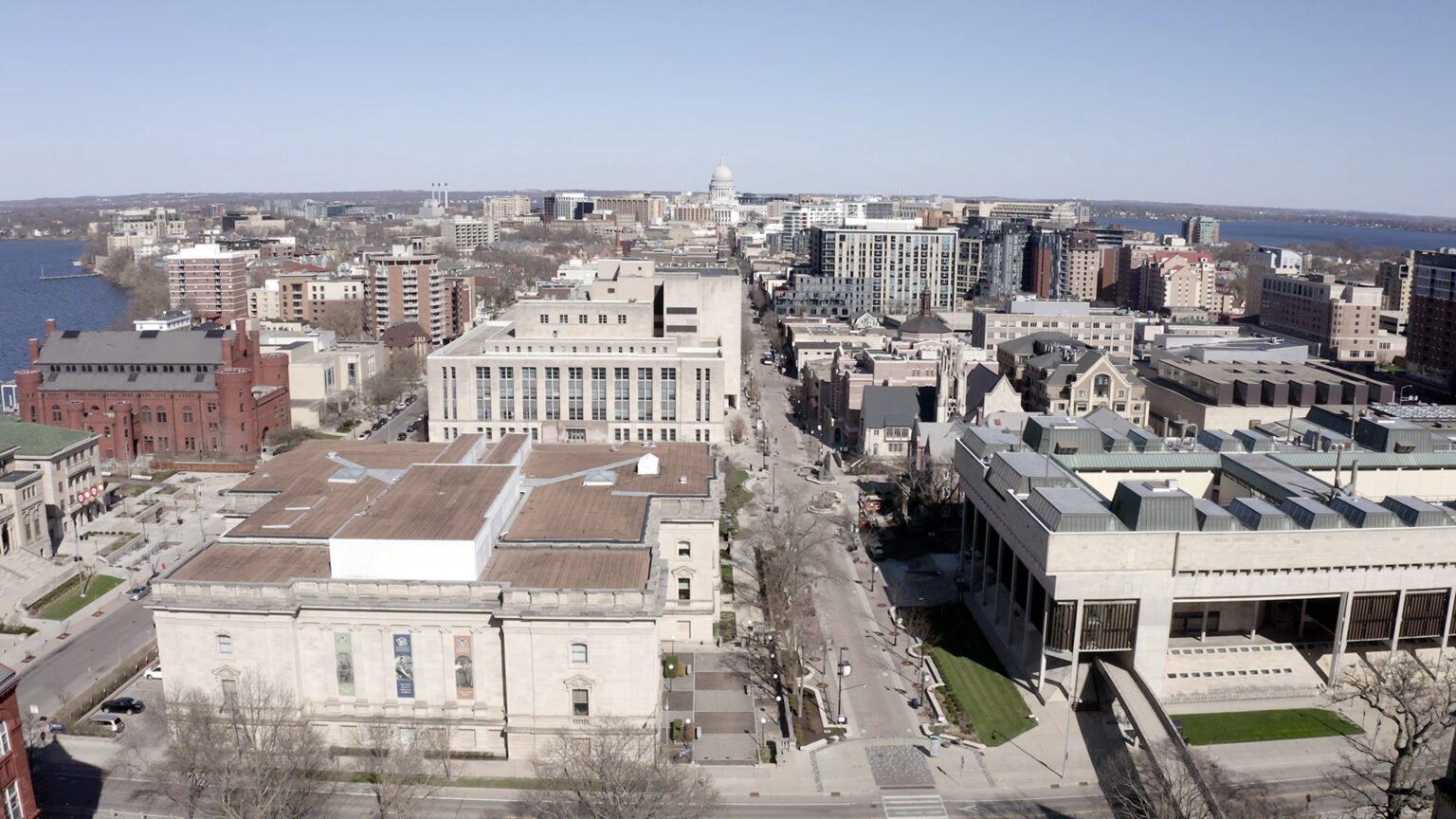
The Wisconsin State Capitol is seen from above the University of Wisconsin-Madison campus on April 22, 2020. The administration of the Universities of Wisconsin wants to ask the state Legislature for an additional $855 million in state funding in the 2025-27 state budget to stave off tuition increases. (Credit: PBS Wisconsin)

MADISON, Wis. (AP) — Universities of Wisconsin officials are asking their regents to approve a request for $855 million in new state funding to stave off another round of tuition increases, cover raises, subsidize tuition and keep two-year branch campuses open in some form.
President Jay Rothman said during a brief Zoom news conference on Aug. 19 that his administration plans to ask regents on Aug. 22 to approve asking for the money as part of the 2025-27 state budget. The request is only the first step in a long, winding budget-making process. Tuition and student fees at the University of Wisconsin-Madison, the system’s flagship campus, is now $11,606 a year for in-state undergraduates. The total cost to attend the university for a year is about $30,000 when factoring in room and board, educational supplies and other costs.
If regents sign off on Rothman’s request, it would go to Gov. Tony Evers to consider including in the executive budget plan he sends to lawmakers for them to weigh in budget negotiations. Evers has already said he plans to propose more than $800 million in new funding for UW in the coming two-year spending plan.
Lawmakers will spend weeks in the spring of 2025 crafting a budget deal before sending it back to Evers, who can use his partial veto powers to reshape the document to his liking.
Rothman said he would not seek a tuition increase for the 2026-27 academic year if he gets what he’s looking for from lawmakers. He declined to say what increases students might otherwise face.
Declining enrollment and flat state aid has created a world of financial problems for the UW system and left the campuses more dependent on tuition. Six of the system’s 13 four-year campuses face a deficit heading into the 2024-25 academic year and system officials have announced plans to close six two-year branch campuses since 2023.
Almost a quarter of the system’s revenue came from tuition in 2023 while only about 17% came from state funding, according to an analysis from the nonpartisan Legislative Fiscal Bureau. Regents increased tuition an average of 4.9% for the 2023-24 academic year and 3.75% going into this year.
Rothman said the additional money he wants would pay for an 8% across-the-board salary increase for faculty and staff over the biennium.
The new money also would help fund the Wisconsin Tuition Promise, a program that covers tuition and fees for lower-income students beginning in 2026. Students from families that make $71,000 or less would be eligible.
The program debuted in 2023 and covered students whose families earned $62,000 or less. Financial problems put the program on hold in 2024 except at UW-Madison and UW-Milwaukee, but the system plans to restart it by the next fall for students whose families earn $55,000 or less using mostly money from within system administration.
An influx of cash from the state could not only expand tuition subsidies and pay for raises, but would also help keep two-year branch campuses open, Rothman said. Even with more money, though, campus missions could shift toward graduate programs or continuing adult education in the face of declining enrollment, he said.
Editor’s note: PBS Wisconsin is a service of the University of Wisconsin-Madison and the Wisconsin Educational Communications Board.
 Passport
Passport




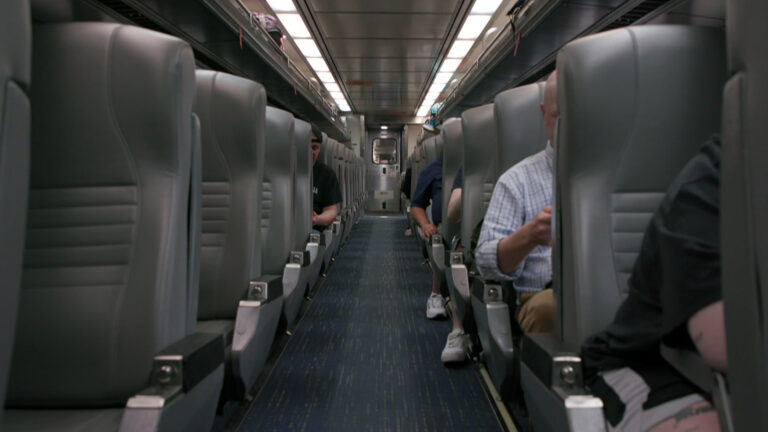

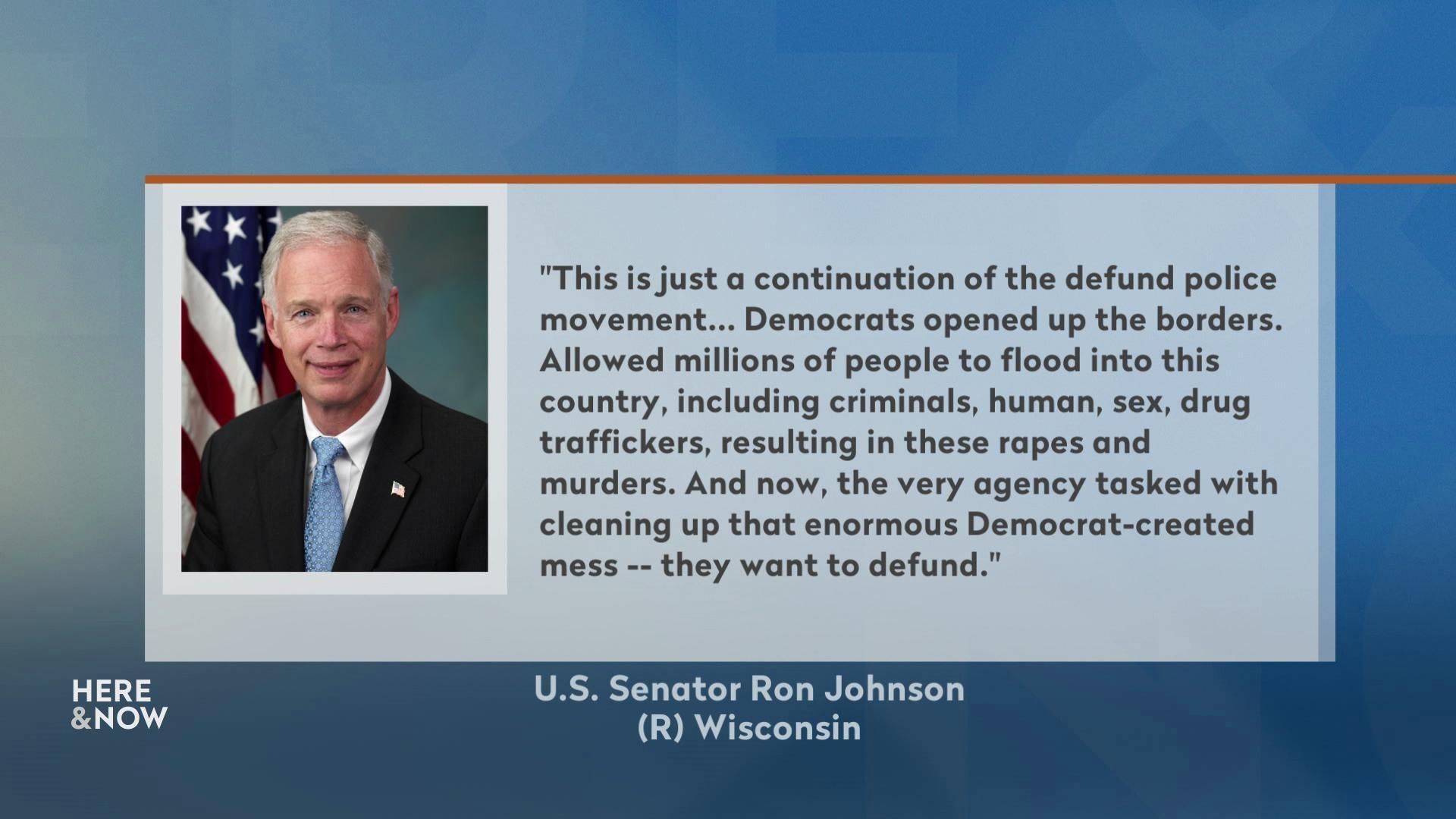
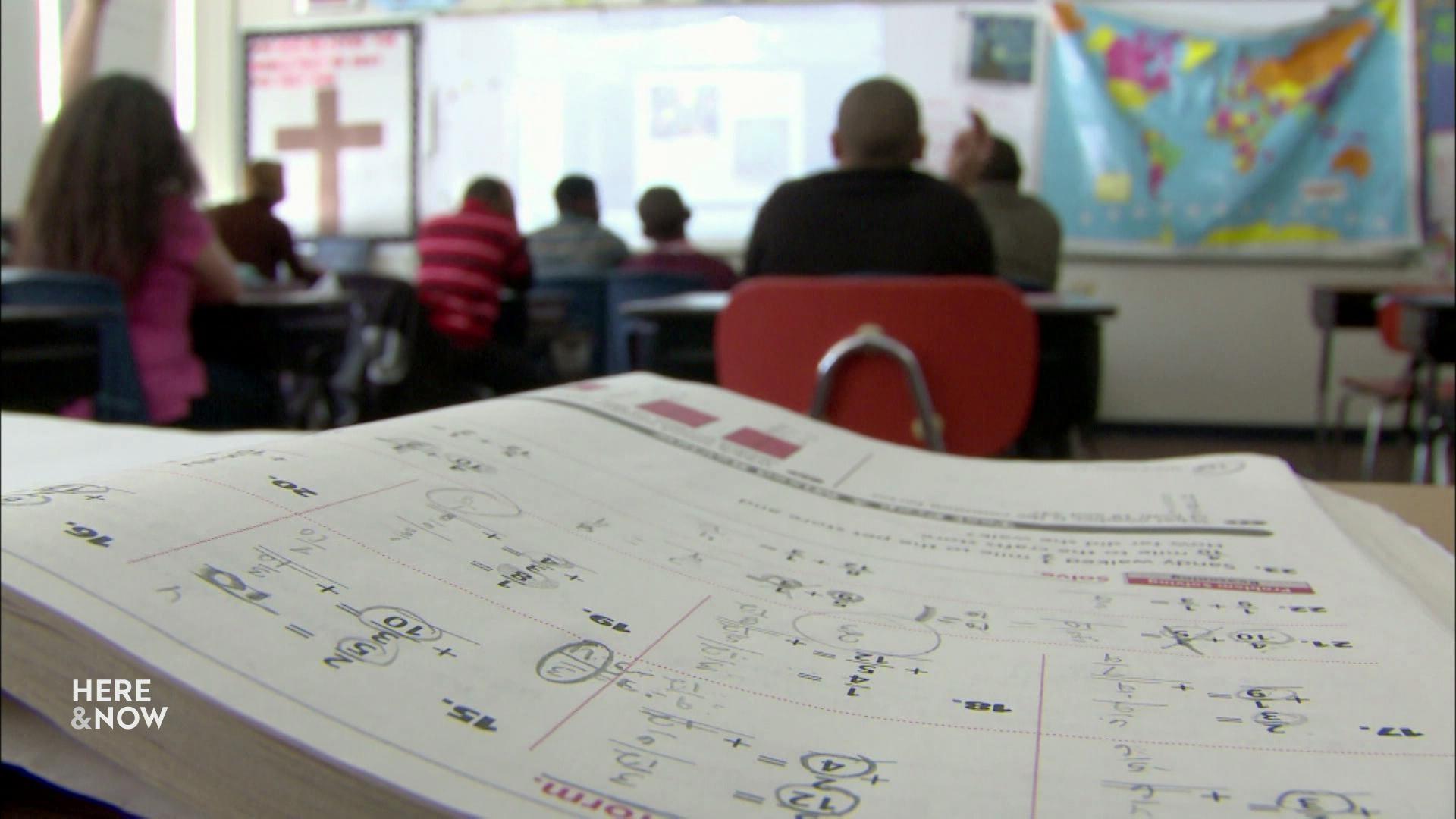
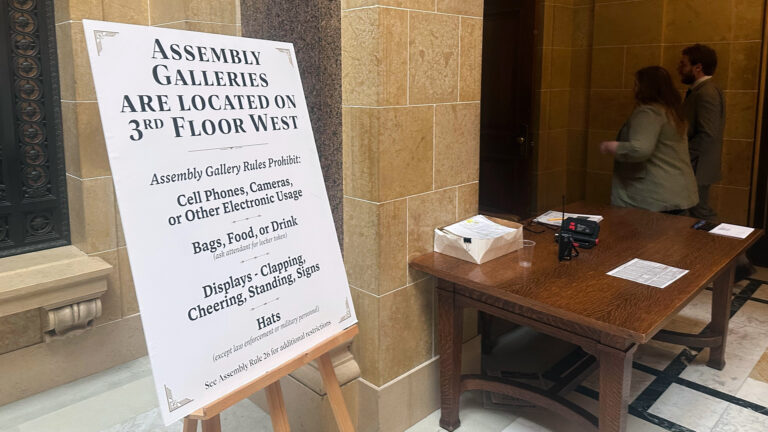
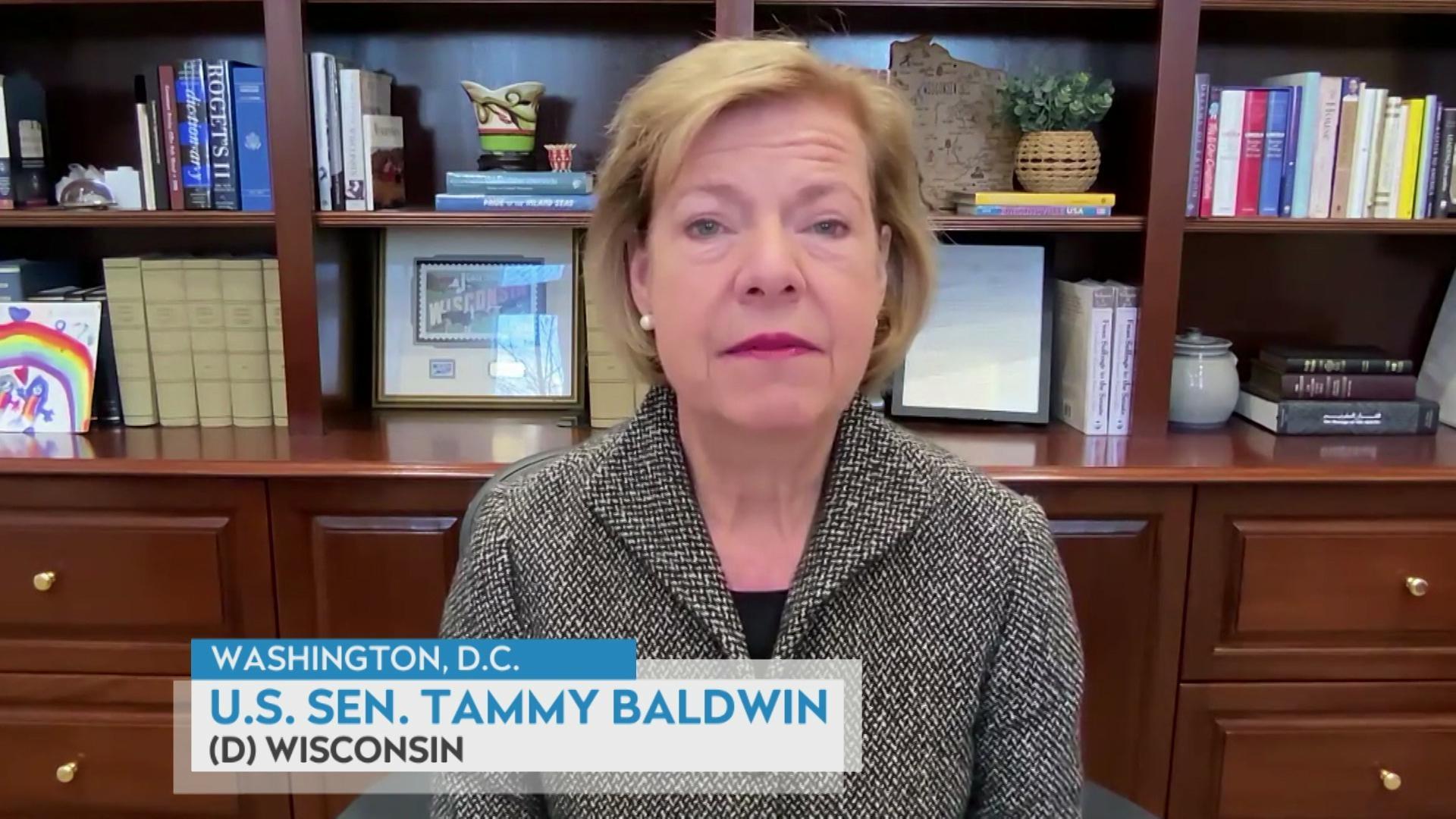

Follow Us